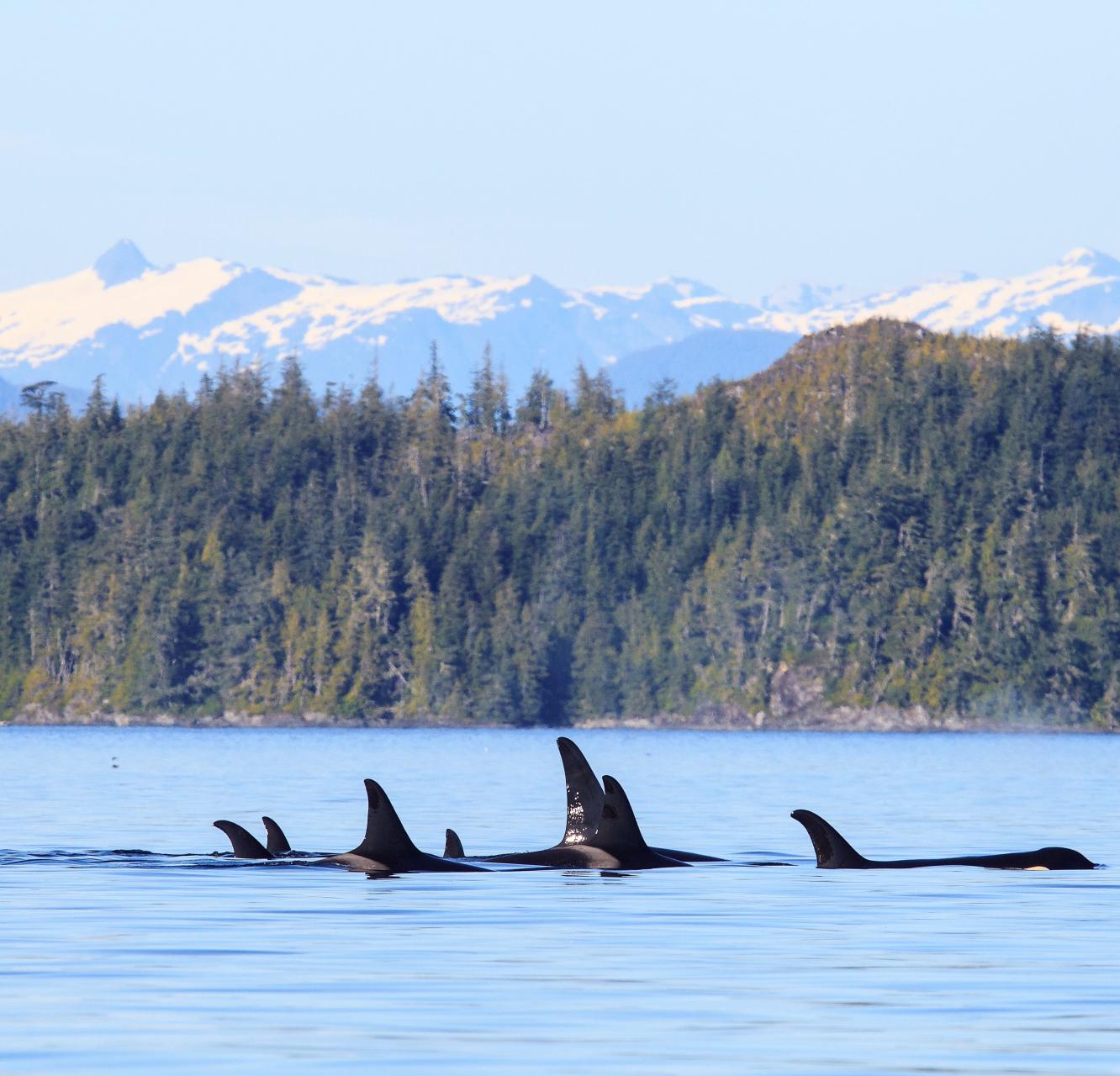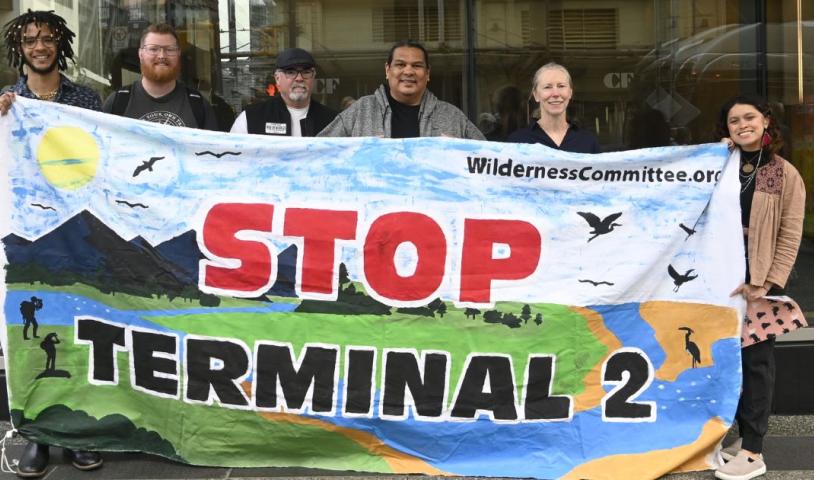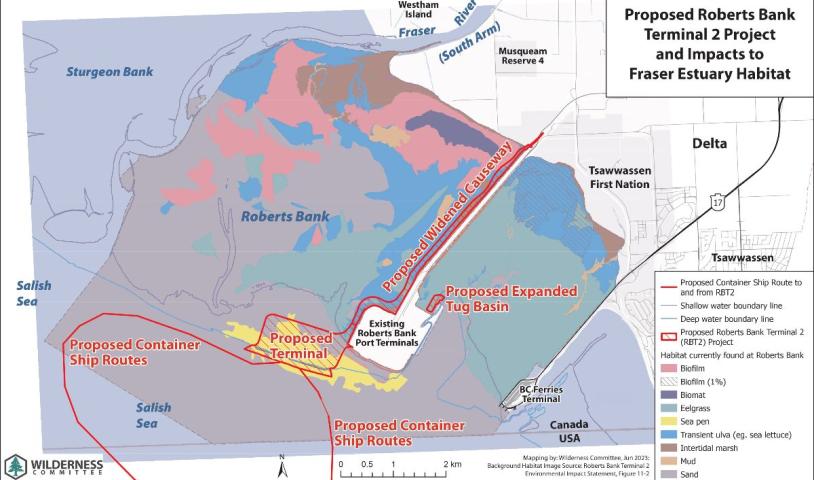Government must protect killer whale habitat: court
Tuesday, February 14, 2012
The federal government is legally bound to protect killer whale critical habitat, the federal Court of Appeal ruled Thursday.
The precedent-setting ruling, which follows a federal court decision last April, could affect fishing and vessel traffic in the Strait of Georgia and Juan de Fuca Strait — critical habitat for endangered southern resident killer whales — and the Queen Charlotte Strait and Johnstone Strait — critical habitat for threatened northern resident killer whales.
"I think it has to affect it," said Margot Venton, staff lawyer for Ecojustice, which acted for a coalition of conservation groups, including the David Suzuki Foundation, Greenpeace, Wilderness Committee, Georgia Strait Alliance, Raincoast Conservation Foundation, Sierra Club and Dogwood Initiative.
Details, such as how much salmon is needed by whales, are likely to be worked out in resident killer whale recovery planning workshops being led by Fisheries and
Oceans Canada.
"This is good news for all the endangered species in Canada," Venton said.
"This decision will clarify how government can proceed with all their recovery plans."
There are 90 endangered and threatened marine species listed under the Species at Risk Act and all depend on healthy habitats to survive, Venton said.
The Court of Appeal ordered the government to pay costs to Ecojustice.
Last year the federal court ruled in favour of Ecojustice and Judge James Russell criticized the behaviour of DFO saying the department behaved in an "evasive and obstructive way." He then awarded Ecojustice $80,000 in legal costs.
The court said all aspects of whale habitat must be protected, including food supply and quality of their marine environment.
However, DFO appealed the ruling and argued that there are discretionary provisions in the Fisheries Act for protecting critical habitat. Under the Species at Risk Act, critical habitat protection is mandatory.
"The original ruling and now the Court of Appeal's judgment have confirmed that the fate of killer whales should not be left to the discretion of politicians," Venton said.
"These whales must be protected by law.
"They need spaces to feed, breed and raise their young if their populations are going to survive and recover."
Venton said she was surprised by DFO's decision to appeal the original decision, especially after the judge said DFO hid behind procedural arguments and wasted "the court's time and judicial resources."
DFO spokeswoman Lara Sloan said the department is reviewing the decision and determining the next steps.
"The government of Canada continues to be committed to meeting its obligations under SARA," she said.
No figures are currently available to show how much the court case and appeal have cost the federal government, Sloan said.





